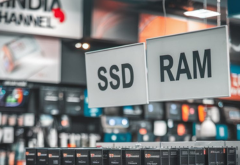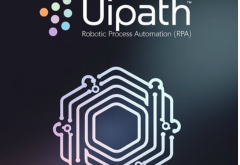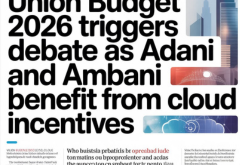The survey, which engaged with 2045 IT leaders and nearly 1,000 channel partners worldwide, explored key considerations of security partners. The partners, spanning resellers, MSPs, agents, and master agents across the Americas (33%), EMEA (26%), and APAC (41%), provided valuable insights into the channel industry.
Contrary to the assumption that financial factors dominate, the survey revealed that bringing a product to market’s complexity outweighs product margins in the channel’s priorities. Scalability, ease of management, integration, and the ability to deliver as a service took precedence over product margins. This challenges the traditional view of network appliances as delivering them often incurs higher overhead than the associated margins.
Over 70% of respondents acknowledged that the datacenter is no longer the central hub for data, emphasizing a shift in the landscape. Security vulnerabilities in appliances are causing concerns for partners, with 80% agreeing that SASE offers superior security for mid-size enterprises due to its easier management and full network traffic visibility.
The survey indicated that reselling security appliances has become a risky venture, prompting the exploration of alternatives. Cloud-native SASE solutions emerged as a viable option, aligning with channel priorities such as scalability, ease of management, and quick time to market. Cato’s SASE Cloud, a single-vendor solution, demonstrated a short onboarding time of 4-6 weeks, a significant contrast to the lengthy process associated with traditional security appliances.
Despite the current challenges in adopting SASE solutions, 84% of respondents believe that SASE will become the preferred choice for customers. Over 70% of respondents noted that customers are already considering SASE to simplify networks and reduce total cost of ownership (TCO).
The majority of channel partners have either adopted (59%) or are considering offering SASE solutions (31%), reflecting a shift towards embracing cloud-native security and networking services. Only a small percentage (10%) expressed no immediate plans to offer SASE.
 Latest Technology News Today – Get Latest Information Technology Updates and Services Latest Technology News Today – Get Latest Information Technology Updates and Services
Latest Technology News Today – Get Latest Information Technology Updates and Services Latest Technology News Today – Get Latest Information Technology Updates and Services 









